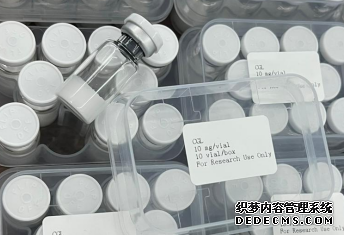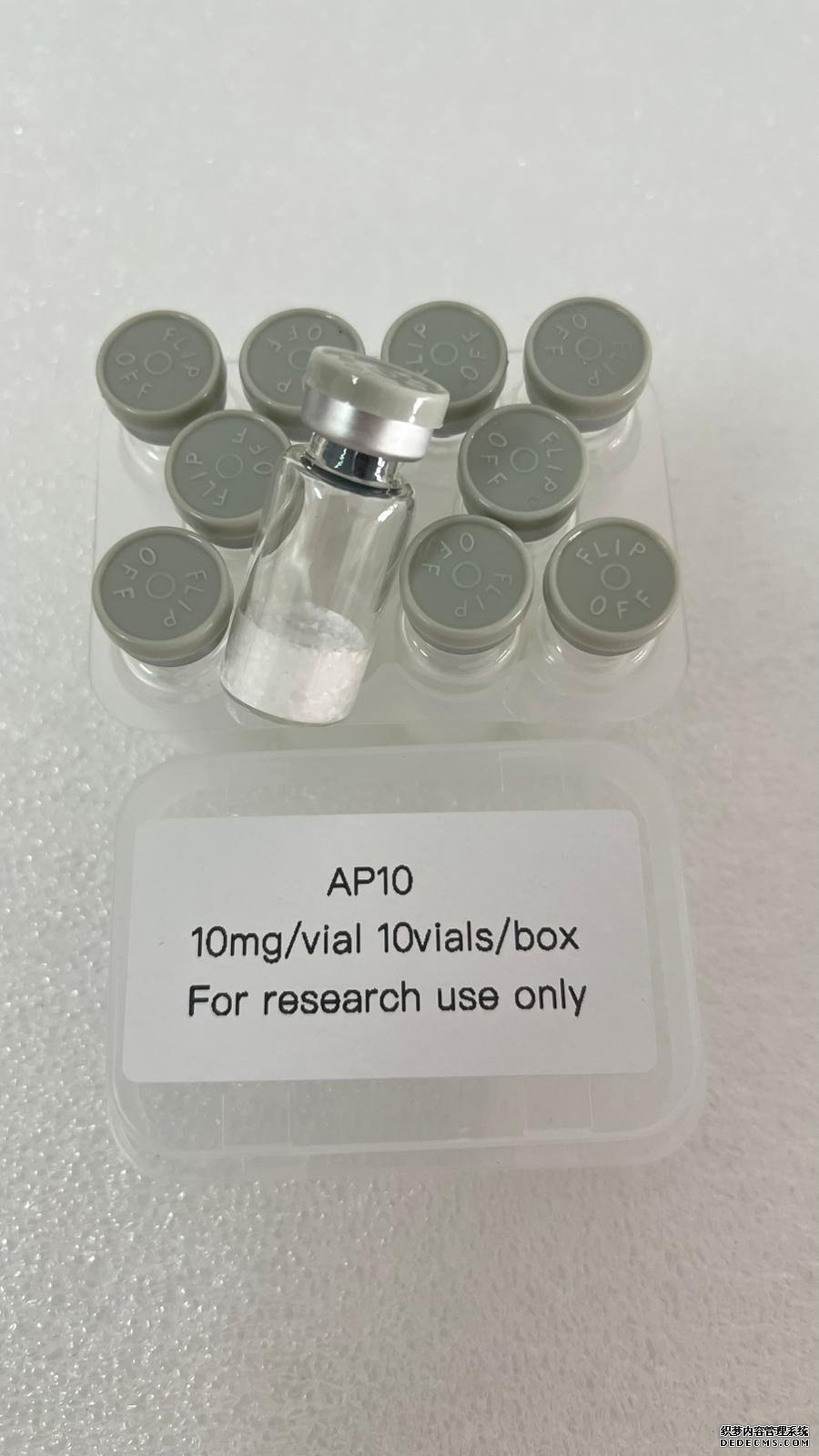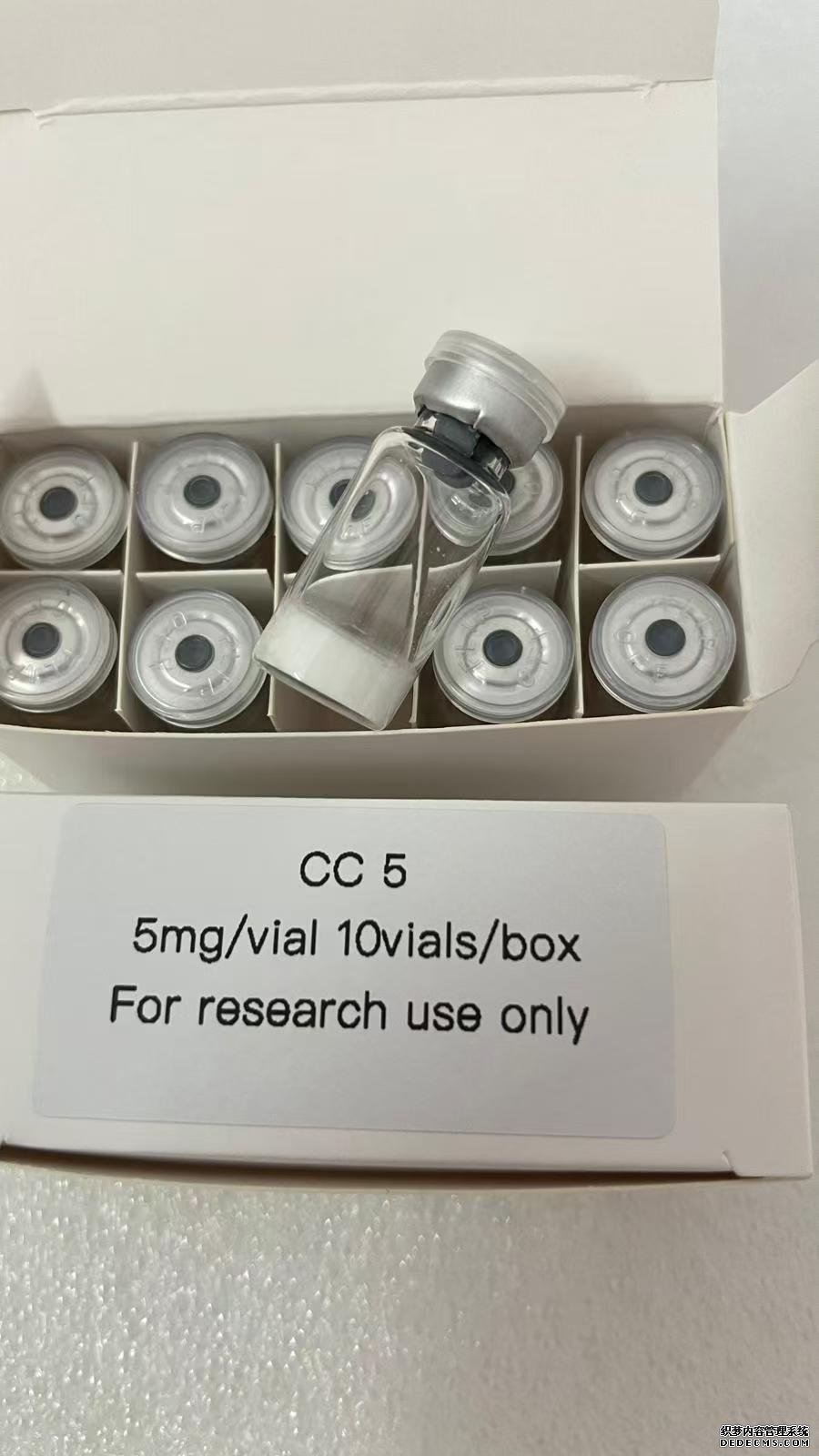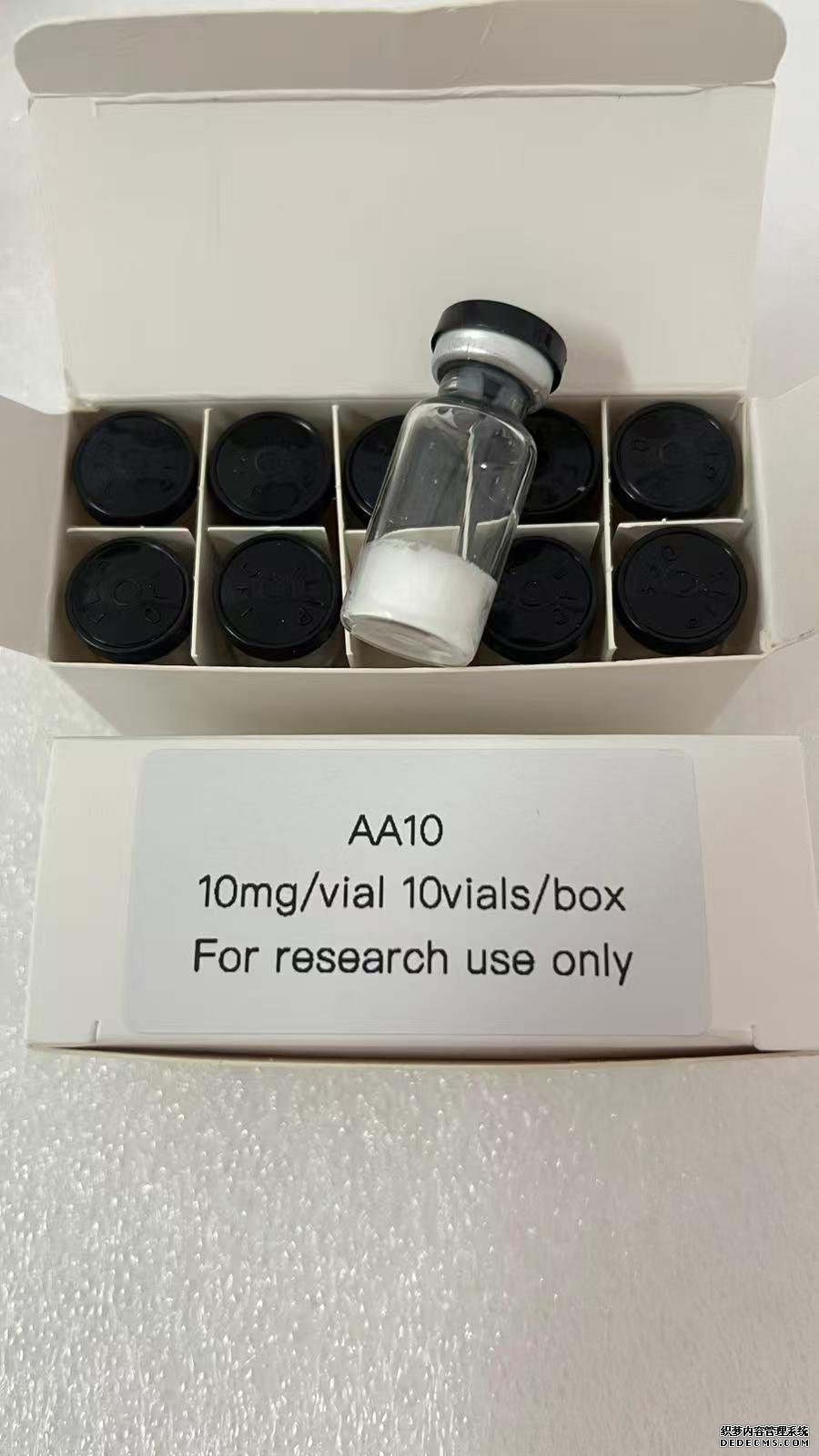Blog
Epithalon: The Anti-Aging Peptide with Telomere-Targeting Po
Writer: admin Time:2025-07-29 11:45 Browse:℃
Understanding Epithalon: Introduction to Its Benefits and Research Introduction
One of the most captivating pursuits in science today is understanding and slowing the aging process. Among the compounds under scrutiny, Epithalon (also known as Epitalon) stands out as a unique peptide associated with telomere biology, pineal regulation, and healthy lifespan extension—at least in preclinical models.
Discovered by Russian scientist Vladimir Khavinson, Epithalon has been studied extensively in Russia and Eastern Europe for its potential effects on longevity, circadian rhythm regulation, immune function, and oxidative stress. While not FDA-approved, it has become a focal point of biogerontology research due to its intriguing ability to modulate telomerase activity.
In this article, we dive into what Epithalon is, how it works, what animal studies have shown, and how it fits into the growing world of peptide-based aging research.
What Is Epithalon?
Epithalon is a synthetic tetrapeptide with the amino acid sequence:
Ala-Glu-Asp-Gly
It was developed as an analog of epithalamin, a natural polypeptide secreted by the pineal gland. While epithalamin is a mixture of peptides extracted from the pineal glands of animals, Epithalon is a defined, synthetic version that allows for more controlled research.
Epithalon’s key area of study is telomerase activation—the enzyme responsible for maintaining the length of telomeres, the protective caps at the ends of chromosomes. Telomere shortening is associated with cellular aging, senescence, and reduced regenerative capacity.
The Role of Telomeres in Aging
What Are Telomeres?
Telomeres are repetitive DNA sequences (TTAGGG in humans) that protect chromosome ends from deterioration. Each time a cell divides, telomeres shorten, eventually leading to replicative senescence—when cells stop dividing and contribute to aging and dysfunction.
What Is Telomerase?
Telomerase is an enzyme that adds telomeric repeats to the ends of DNA, effectively rebuilding telomeres and extending a cell’s replicative life. While active in stem cells, immune cells, and cancer cells, telomerase is typically silent in adult somatic cells.
Increasing telomerase expression—without triggering uncontrolled cell growth—is a major goal in longevity research.
How Does Epithalon Work?
1. Telomerase Activation
Studies suggest that Epithalon may stimulate the expression of telomerase reverse transcriptase (TERT), the catalytic component of the enzyme telomerase. In aging models, this has been associated with:
Longer telomeres
Delayed cellular senescence
Improved cell replication capacity
2. Pineal Gland and Melatonin Regulation
Epithalon mimics the effects of epithalamin in stimulating melatonin production from the pineal gland, helping regulate:
Sleep-wake cycles
Circadian rhythm
Hormonal synchronization
3. Antioxidant Effects
Some studies report that Epithalon may:
Reduce lipid peroxidation
Increase activity of superoxide dismutase (SOD)
Protect mitochondria from oxidative damage
4. Gene Expression Modulation
Epithalon may influence the expression of longevity-associated genes, possibly including:
SIRT1 (involved in DNA repair and stress resistance)
p53 (cell cycle regulation and apoptosis)
FOXO3a (linked to stress resilience and longevity)
Research Findings in Animals and Preclinical Models
1. Telomere Lengthening
A 2003 study by Khavinson et al. found that Epithalon restored telomerase activity in aging fibroblasts, which had previously ceased division. Treated cells showed:
Reactivation of telomerase
Telomere elongation
Renewed cellular replication
2. Increased Lifespan in Rodents
Multiple long-term rodent studies from Russian laboratories have reported:
10–25% increase in average lifespan
Improved physical activity in aged animals
Better organ function and immune health
These effects were especially pronounced when Epithalon was given intermittently over time, mimicking natural pineal cycles.
3. Cancer Resistance
Some research suggests that Epithalon may help reduce spontaneous tumor formation in aging animals by supporting genomic stability and enhancing immune surveillance.
Importantly, no evidence to date shows that Epithalon causes tumor formation or abnormal cell proliferation in normal tissue.
4. Eye and Vision Health
In aging rat models, Epithalon has been shown to:
Improve retinal pigment epithelium function
Enhance lens transparency
Delay cataract formation
These effects are thought to stem from oxidative stress reduction and gene expression normalization in visual tissues.
Human Studies and Applications
Most human studies on Epithalon come from Eastern Europe and focus on geriatric patients. Reported benefits include:
Improved sleep quality
Better immune profiles (T-cell ratio improvement)
Enhanced glucose metabolism
Subjective improvements in mood and resilience
One small placebo-controlled study found that long-term Epithalon administration (over 6 years) was associated with:
Lower incidence of cardiovascular disease
Reduced all-cause mortality
Increased functional independence
However, these studies were small, localized, and not FDA-reviewed, and should be interpreted cautiously.
Potential Research Applications
While Epithalon is not FDA-approved, it continues to attract attention in anti-aging and regenerative biology research.
Areas of Interest:
Cellular aging and telomere biology
Immunosenescence and immune rejuvenation
Sleep regulation and pineal gland function
Metabolic resilience in aging tissues
DNA repair and genomic stability
Post-radiation or oxidative stress recovery






 QQ客服
QQ客服